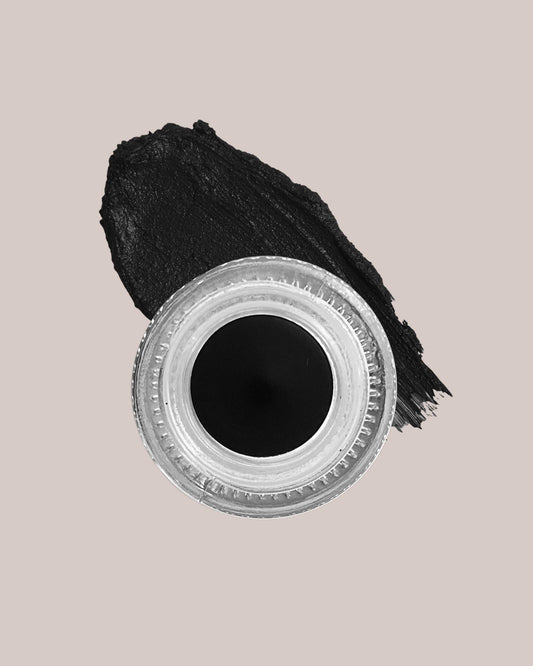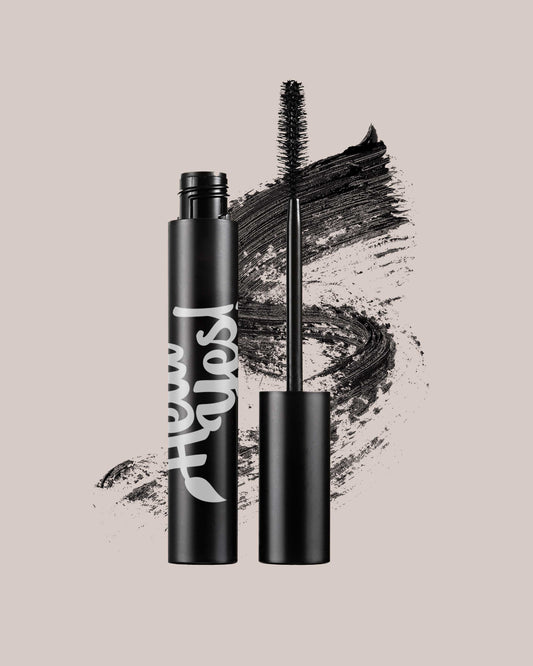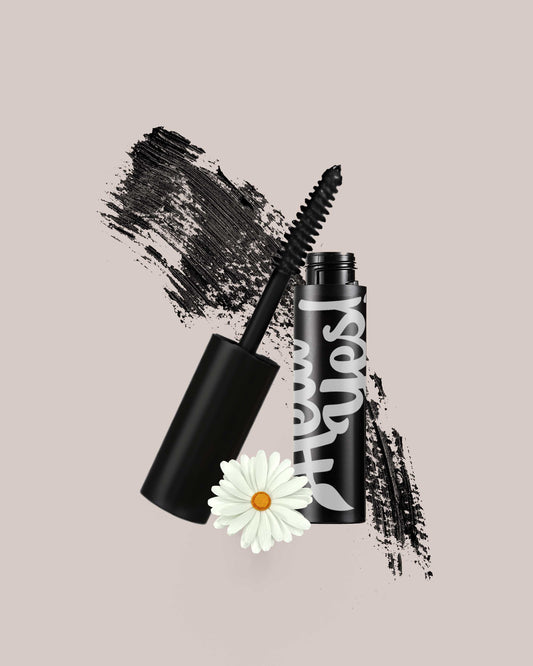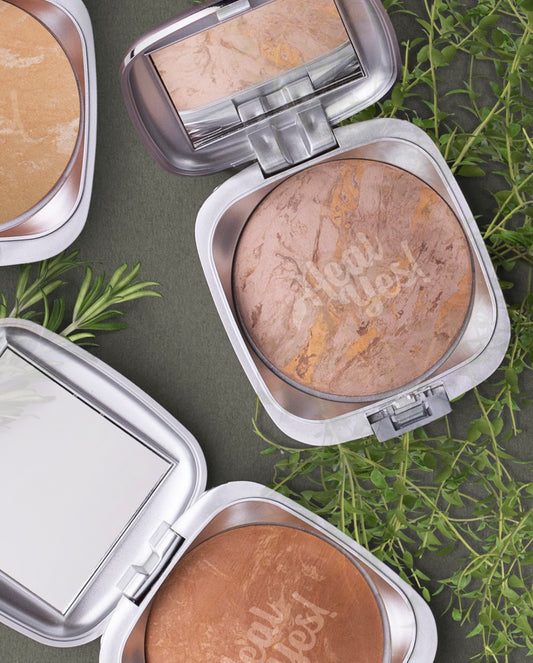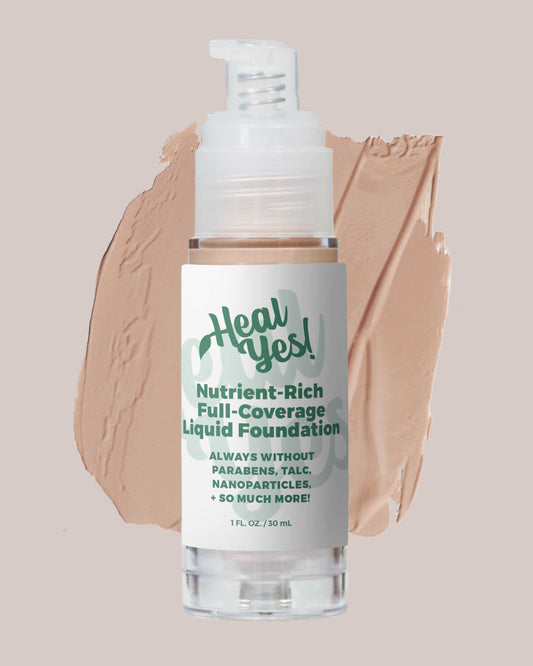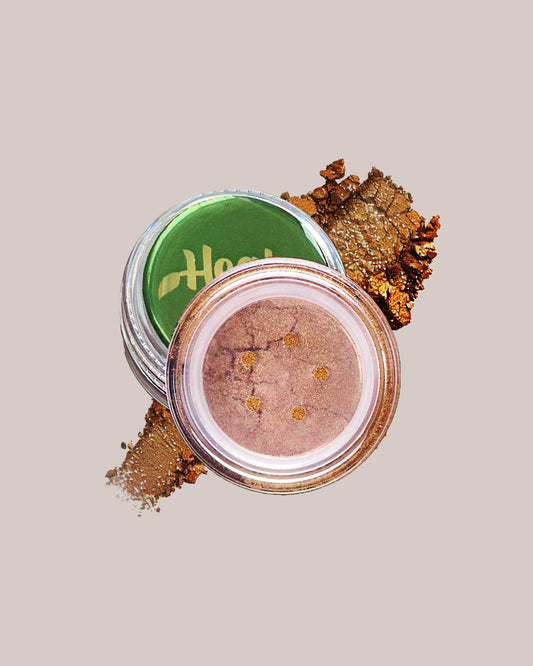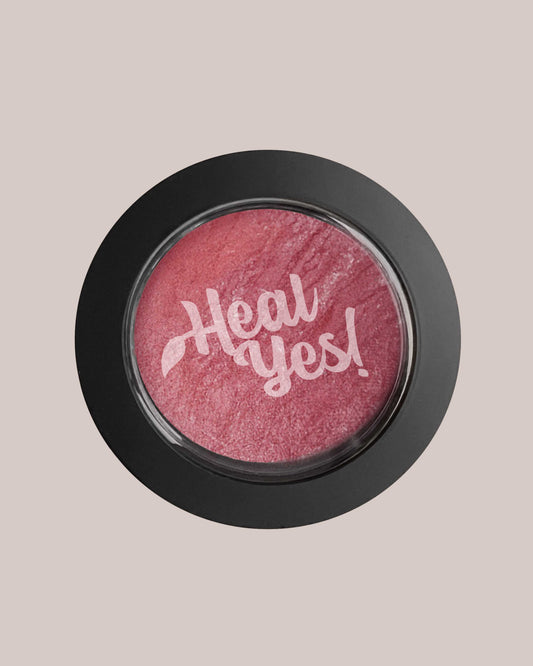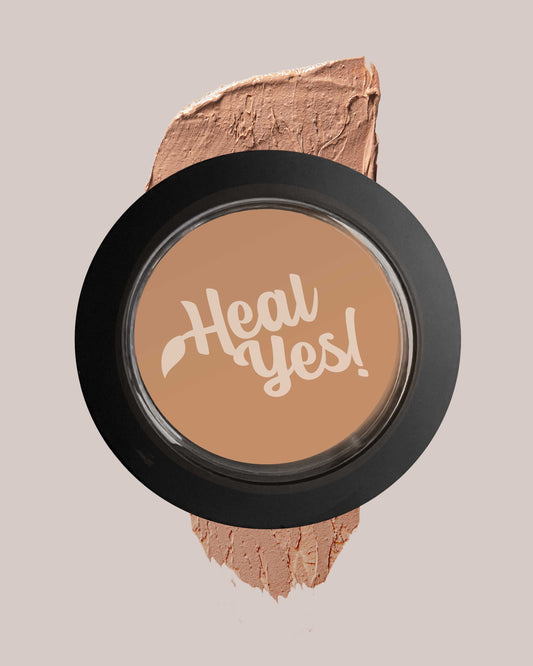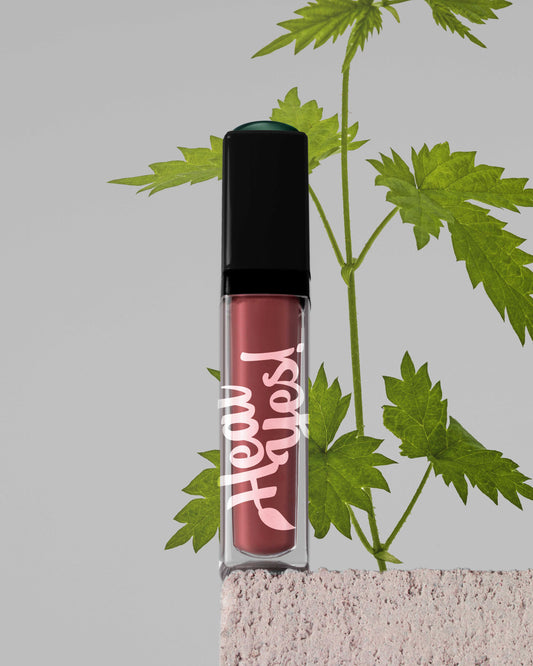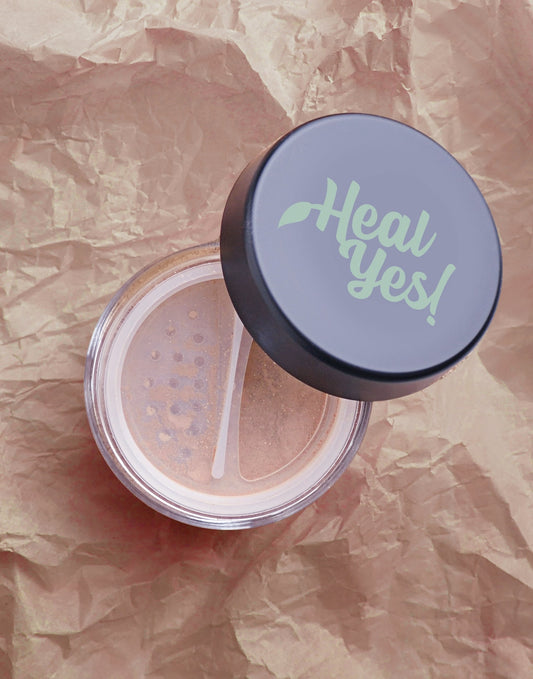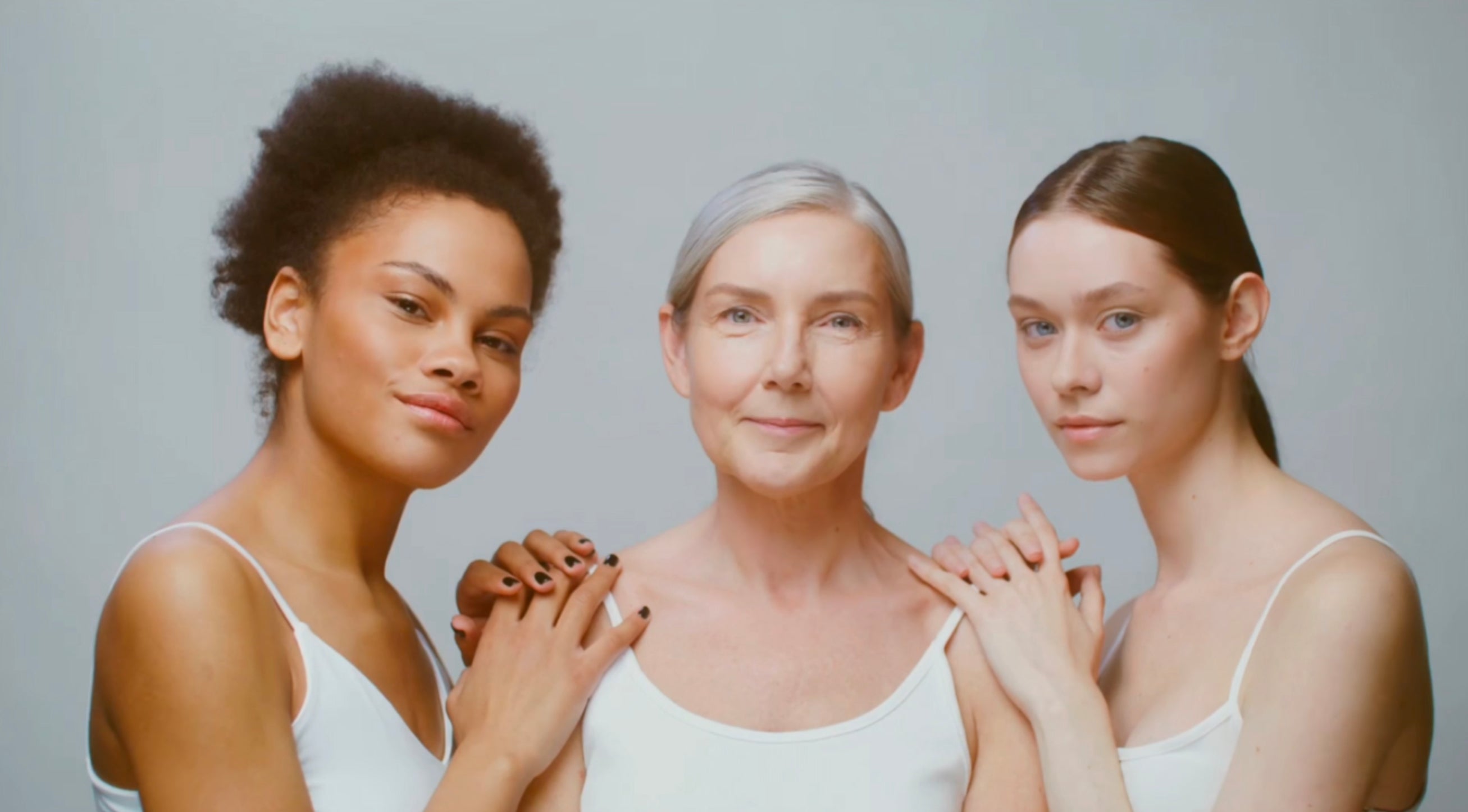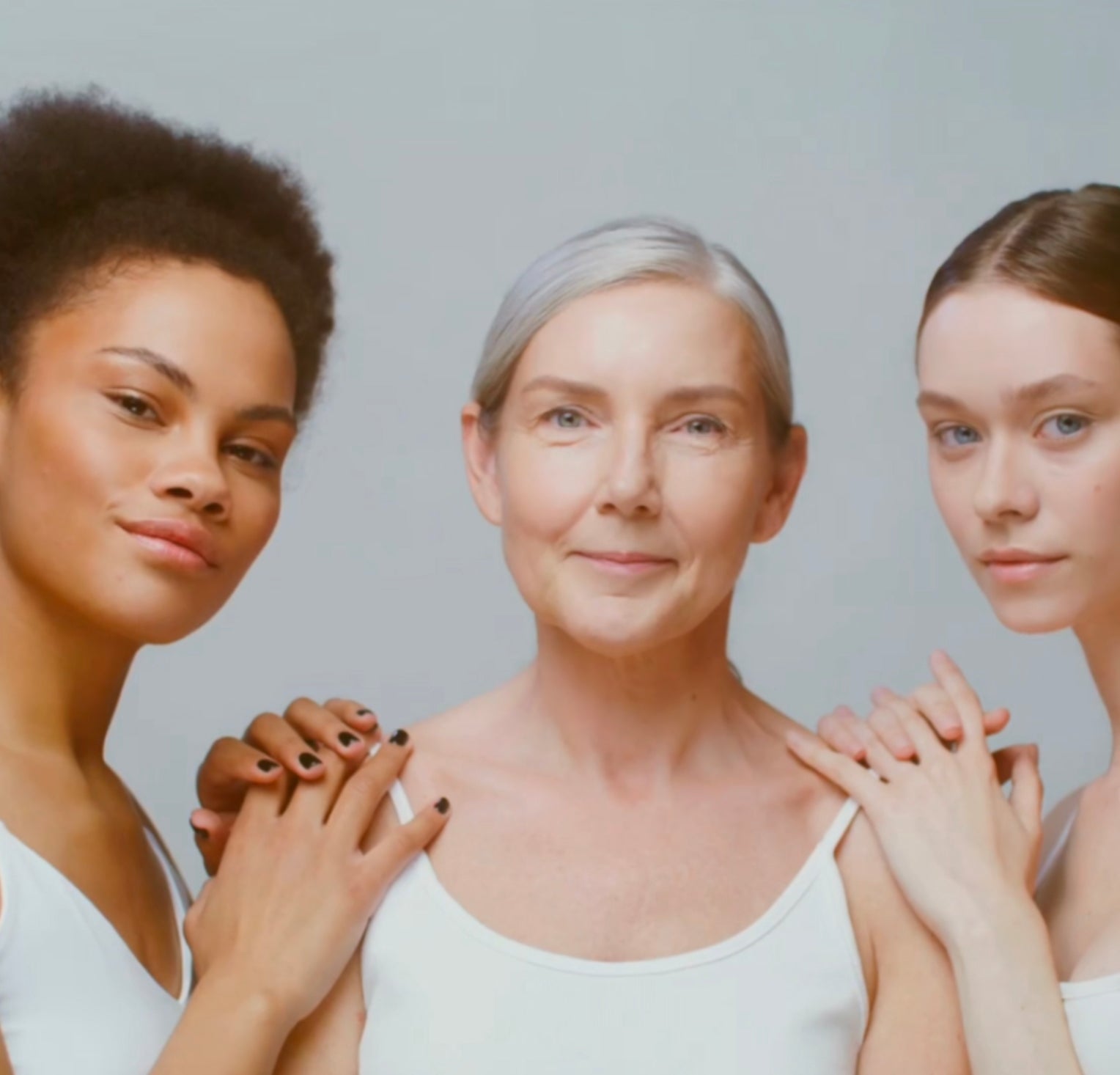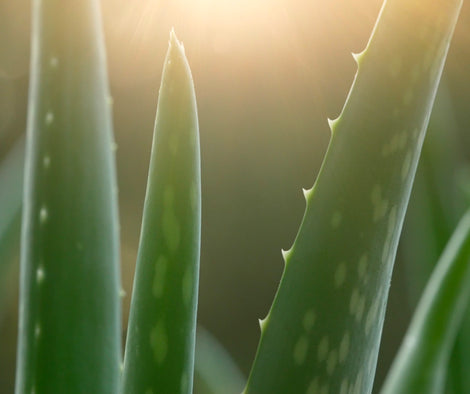Phenoxyethanol is a chemical compound used in cosmetics and skincare products as a preservative. It acts as an antimicrobial agent, helping prevent the growth of bacteria, fungi, and other microorganisms that can contaminate cosmetic formulations. The primary purpose of using phenoxyethanol in cosmetics is to ensure product safety and extend shelf life. By inhibiting the growth of potentially harmful microorganisms, phenoxyethanol helps maintain the integrity and efficacy of the product over time. It helps prevent spoilage, microbial contamination, and the development of unpleasant odors.
Phenoxyethanol is a lab-made ingredient, most often created through a chemical reaction from phenol and ethylene oxide. End result 'phenoxyethanol' is then purified and used as a cosmetic preservative, among other potential applications. While ultimately known for its use as a cosmetic preservative, it's also commonly a solvent in formulations and entrusted as an antimicrobial agent in pharmaceuticals. Often used in low concentrations in the cosmetic industry, concentrations vary according to which industry it's being utilized in.
Phenoxyethanol is a widely accepted preservative in the cosmetic industry due to its effectiveness at very low concentrations and its compatibility with various cosmetic ingredients.
It is considered a relatively safe ingredient when used within recommended concentrations, even to the point that the Environmental Working Group rates it at a "2-4" on their scale or non-toxic to toxic ratings, the two putting it in the 'safe zone' and four still rating it quite low but with the caveat of usage, suggesting that products with phenoxyethanol ought not be inhaled, ingested, or absorbed disproportionately. It's important to note that, like any cosmetic ingredient, phenoxyethanol can potentially cause allergic reactions or skin sensitivities in some individuals. While it is considered safe when used as directed, individuals with specific sensitivities or preferences may opt for products that are free from phenoxyethanol or choose preservative systems that meet their specific needs.
Phenoxyethanol-free makeup means that the formulas herein will not have the ingredient at any level. Phenoxyethanol is a lab-created preservative used as an alternative to traditional preservatives like parabens. Phenoxyethanol is often turned to in cosmetics and skincare formulation because it helps mitigate the risk of microbial growth. It has a pleasant aroma and is often needed in only a minuscule quantity to impart its anti-microbial benefits. However, some are hesitant or even diligent about choosing phenoxyethanol-free makeup and skincare products.
A few popular related 'FAQs' regarding skincare and cosmetics without phenoxyethanol:
What does phenoxyethanol do in makeup?
Phenoxyethanol is used at a very small percentage as a preservative in makeup, skincare, and other cosmetic products.
Is phenoxyethanol safe?
Many will automatically say 'yes,' but variables come into play: While according to reviews and studies--including the European Commission on Health and Food Safety (the EU has much more stringent cosmetic regulations than the US!)--when used in minute concentrations of 1% or less, phenoxyethanol is often deemed safe. However, anyone can react to anything, and concerns with any and every ingredient being a no-go for some is legitimate.
If phenoxyethanol is not used, what preserves foundation and other makeup formulas?
Our phenoxyethanol-free foundations and cosmetics are preserved with herbs. There are many herbs that can help keep a formula balanced and help combat the risk of microbial growth. Such herbs include (but are not limited to) thyme; oregano; tea tree; and more. When we use herbs for natural preservation, they're used at a tiny ratio: it stands true that people can be sensitive to herbs, too, so they're used as needed only. Some actually prefer foundation with a minute amount of phenoxyethanol. Learn if you prefer a tiny synthetic preservation system--such as with phenoxyethanol--or herbal. Each come with pros and cons.
Is phenoxyethanol legal in Europe?
European regulations require its concentration in cosmetics to be limited to 1% in the formulas of finished products.
Source: Annex V of Regulation (EC) No 1223/2009 of the European Parliament and of the Council of 30 November 2009 on cosmetic products
Is phenoxyethanol good for sensitive skin?
Perhaps the better question is whether the whole formula in which phenoxyethanol exists--in a minute percentage--is good for the skin.
To reiterate, anyone can be sensitive or genuinely allergic to nearly anything, and a synthetic preservative is no exception. While debate has existed if phenoxyethanol ever has a place in baby products, we contend to avoid it within baby products, at any concentration, because of any granule of uncertainty. When and if Heal Yes! uses it, such as in the Vitamin E stick, the concentration is as minute as 0.1% of the total formula, and the benefits of adding stability and helping counteract microbial growth provide just that--benefits; safeguards--that bring their own positive weight to analysis on whether to use the ingredient. However, if sensitive, allergic, or hesitant about phenoxyethanol, this is the collection to choose from!
Ultimately, the use of phenoxyethanol in cosmetics aims to strike a balance between product safety and stability. If needing or preferring cosmetics and skincare without phenoxyethanol, herbal preservation systems are an option, and Heal Yes! uses them in place of phenoxyethanol majority of the time; shop phenoxyethanol-free makeup here!

